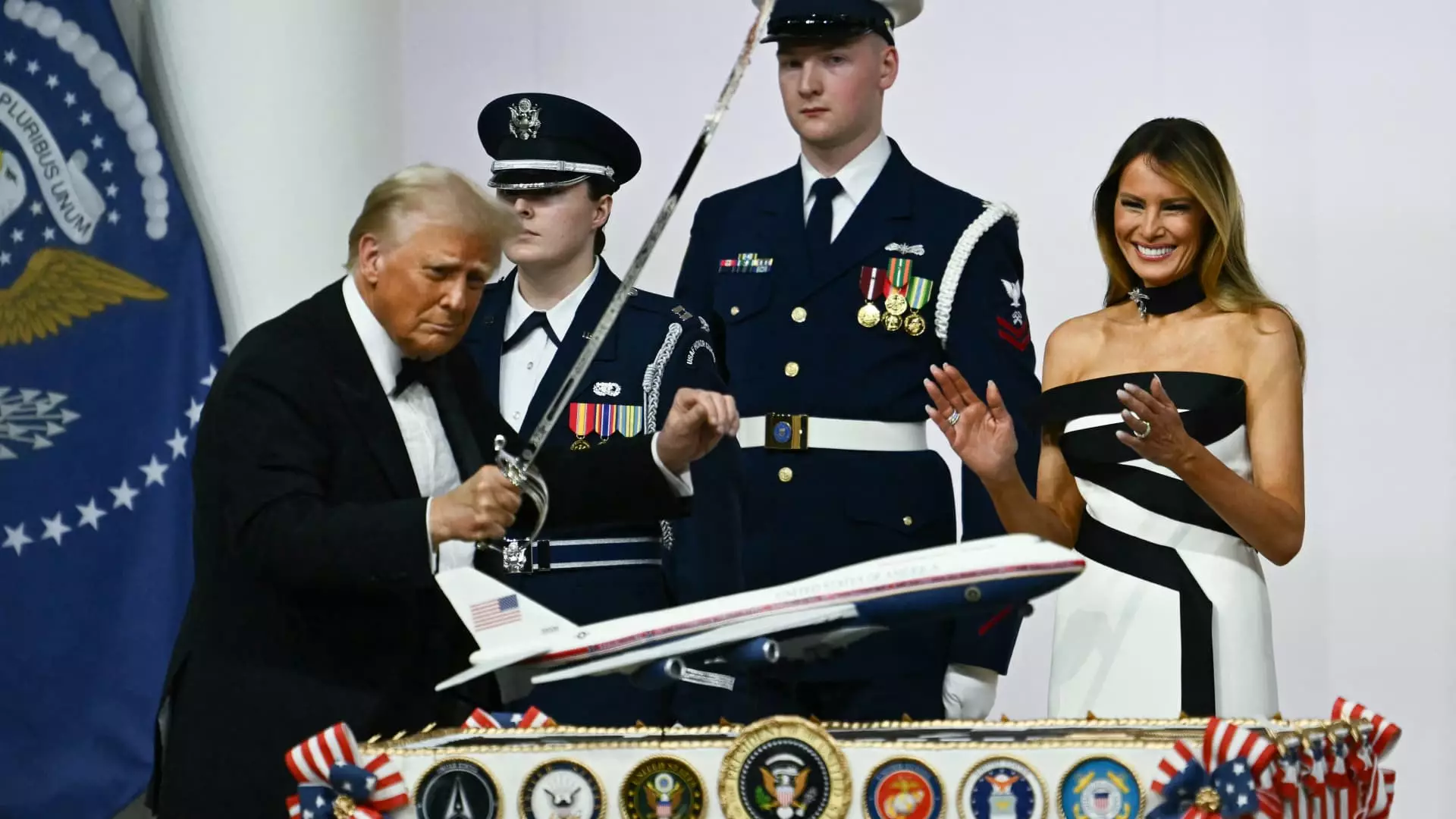The ongoing saga of Boeing’s Air Force One project, which was initiated under President Donald Trump, showcases a mix of political intrigue, corporate strategy, and the intricacies of modern aerospace manufacturing. With costs exceeding $2 billion and significant delays, Boeing finds itself under pressure not only from government contracts but also from the evolving political landscape that demands timely and cost-effective solutions. The company is now working in partnership with influential figures, including Elon Musk, to navigate its way through the challenges of delivering these iconic aircraft.
Boeing’s CEO, Kelly Ortberg, recently acknowledged the company’s struggles in a televised interview, shedding light on the reasons behind the project’s setbacks. Design modifications, labor shortages, and persistent supply chain challenges have burdened the program, creating a situation that has pushed delivery timelines further into the future. Such issues are not uncommon in the aerospace industry, but the magnitude of these delays in a high-profile project draws significant scrutiny. The financial impact is staggering, especially as Boeing grappled with a $1.7 billion pre-tax charge in its defense segment, clearly indicating the strain that Air Force One has placed on its resources.
The entrance of Elon Musk as a consultant to Boeing presents a striking dynamic, intertwining the realms of aerospace, business, and politics. Musk, known for his radical and innovative approaches, has a close relationship with the Trump administration and currently leads a commission focused on reducing government expenses. With the former president’s inclination toward aggressive negotiating tactics — notably his infamous threat to “cancel order!” — the stakes have become even higher for Boeing. The collaboration between Boeing and Musk aims to expedite the delivery schedule, responding to a pressing desire from the Trump administration for progress on this significant military asset.
While Boeing continues to reel from its internal and external challenges, the outlook for the delivery of the first of the new Air Force Ones remains ambiguous. A spokesperson from the Air Force has indicated that a revised delivery timeline from Boeing is anticipated in the coming months, but without a firm date, uncertainty looms. This situation not only impacts Boeing’s financial forecasts but also raises questions about its operational capabilities and strategic partnerships moving forward.
Boeing’s journey to deliver the new Air Force One aircraft is symbolic of broader challenges within the aerospace industry, emphasizing the critical need for strategic collaborations and innovative problem-solving. The partnership with Elon Musk is one of many steps Boeing is undertaking to ensure that it can navigate the complexities of modern aerospace production while meeting the high expectations set by federal contracts. As the situation develops, it remains to be seen whether this collaboration will yield the expected results or if additional challenges will continue to delay the iconic aircraft’s entry into service.

